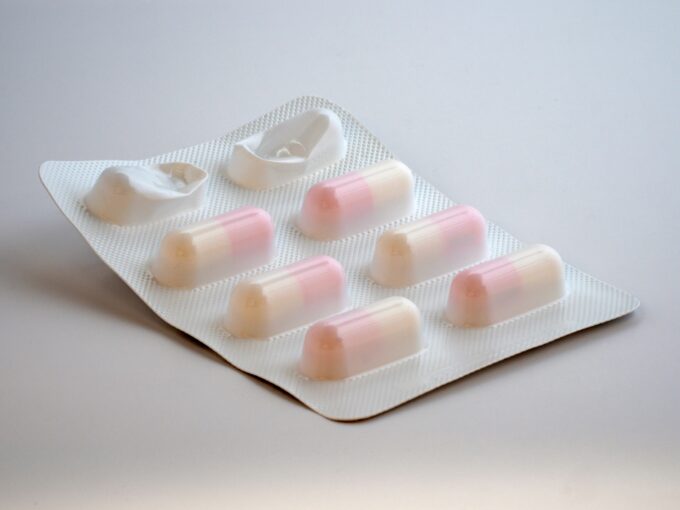Biosimilars could drastically reduce healthcare costs
Switzerland is far from exhausting the savings potential of certain imitation medicines, so-called biosimilars. A study by the ZHAW calculates possible cost reductions in the healthcare system of up to CHF 100 million in three years for the six most important active ingredients alone.

Switzerland could drastically reduce pharmaceutical costs by increasing the prescription of biosimilars. This is the conclusion of a study by the Winterthur Institute for Health Economics (TIG) of the ZHAW School of Management and Law (SML). It is affiliated with the Zurich University of Applied Sciences (ZHAW) affiliated.
Unlike in other European countries, biosimilars are only used with restraint in Switzerland. These copycat medicines of original preparations that are no longer patent-protected are in no way inferior to the originals in terms of efficacy and safety. At the same time, they are up to 25 percent cheaper. However, fewer biosimilars have been approved in Switzerland than in the European Union. In addition, doctors have less experience with biosimilars than with the original products.
"We were able to show in our analysis that the increased use of biosimilars in Switzerland could significantly reduce the drug costs of mandatory health insurance," the head of the Winterthur-based institute, Simon Wieser, is quoted as saying in a Media release quoted. The authors estimate the potential savings for six of the most important active ingredients at up to 100 million Swiss francs over three years. To achieve this, new patients would have to be prescribed more biosimilars. If people who had previously taken original preparations were also switched to biosimilars, the savings would be even higher.
The expert report "Biosimilars in Switzerland - Medicine to counter rising healthcare costs?" was prepared by the Winterthur Institute for Health Economics on behalf of Pfizer compiled









